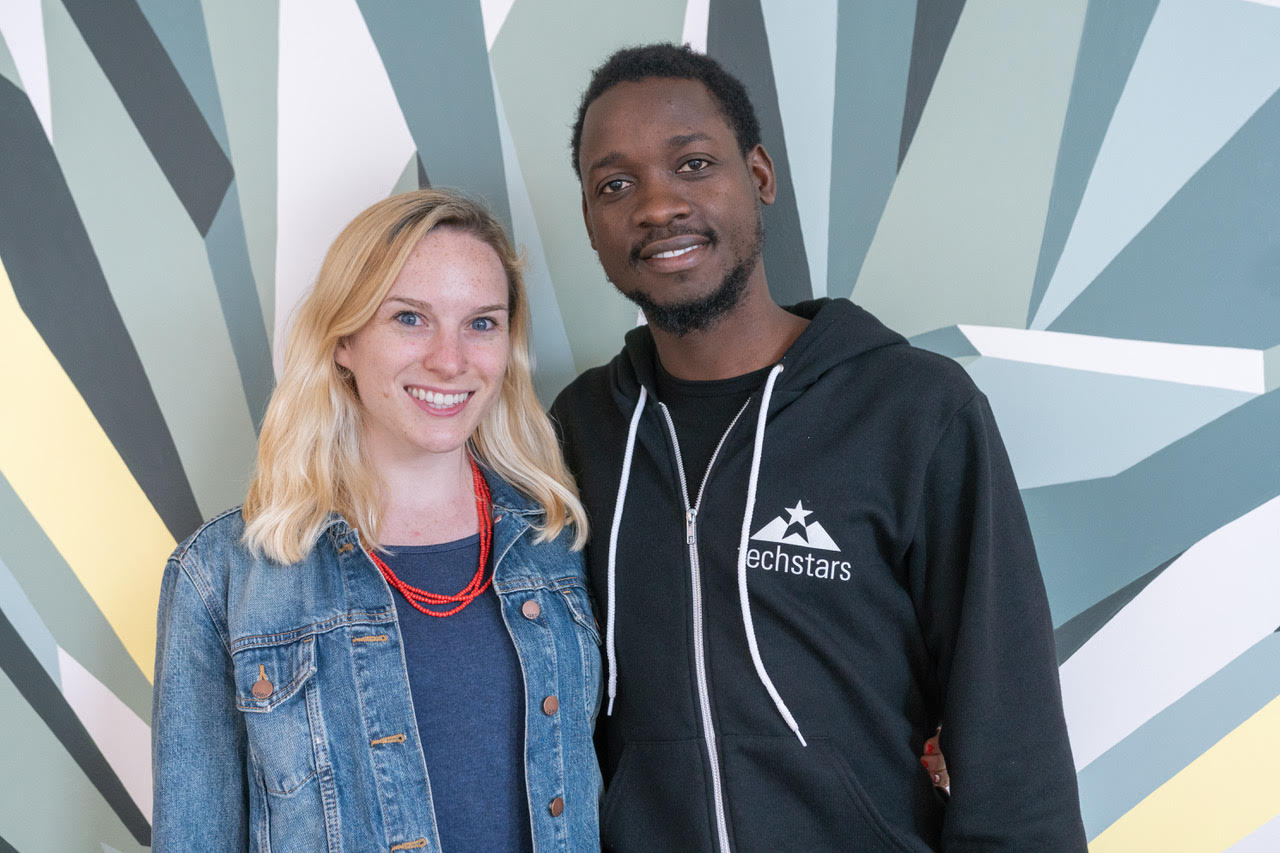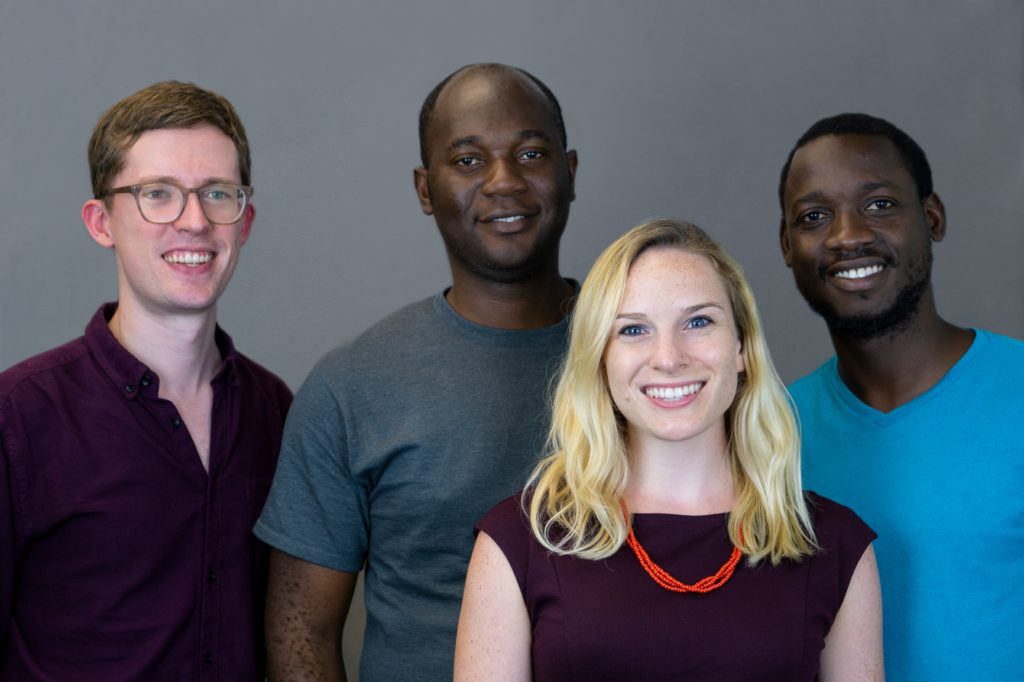Meet the couple taking Nigeria’s Diagnostics to the Next Level
- Posted on February 25, 2022
- Technology
- By Glory

Oluwasoga Oni first got the idea to start MDaaS in
2015 during a seminar he took at the Massachusetts Institute of Technology
(MIT) while pursuing a master's degree in Systems Engineering and Management
that challenged him and his classmates to create a business that might influence
a billion people. MDaaS is an abbreviation for "Medical Devices as a
Service."
With a medical background, he took advantage of the
chance to provide a solution to a problem he had firsthand experience with: the
lack of quality medical equipment in Nigerian hospitals. MDaaS Global was
founded in January 2016 with the goal of addressing the problem faced by
thousands of Nigerian health facilities.
“The business idea had been percolating for a while as
I grew up around health care,” Oluwasoga told TechCabal. “My father is a
medical doctor who has run a hospital in a small town in Nigeria for over 35
years, and I witnessed the issues he faced accessing medical equipment. So, the
challenge of accessing quality medical equipment is close to home for me.”
Oluwasoga saw a huge social and business opportunity
to better serve low- and middle-income patients based on his personal
experience and studies across Nigeria.
The health-tech company was co-founded by a diverse team
including Opeyemi Ologun, Joe McCord, and Genevieve Barnard Oni.

According to Oluwasoga, who started his career in
Software Engineering before shifting to Systems Engineering, the founding
team's experiences helped them prepare to establish their firm from the ground
up. "In the early days, when it was truly just the four of us, our
different backgrounds, skills, and strengths were incredibly useful."
Ologun is a trained engineer with a wealth of
operational and sales expertise in Nigeria. Joe, on the other hand, holds a
Master's degree in Supply Chain Management and has overseen supply networks in
11 African nations, including Nigeria.
Genevieve holds a Master's degree in Business and
Public Administration and has worked in Uganda, Malawi, and Ghana. She has a
background in Public Health and International Development. She spent the most
of her time working at rural public health clinics. However, she, like
Oluwasoga, witnessed the difficulties doctors confront while working with
limited resources and other inefficiencies in the medical equipment industry.
While co-running MDaaS Global, Oluwasoga and Genevieve
Barnard Oni have been married for nearly three years. Some couples would find
the notion unpleasant because they demand a clear distinction between work and
home life, while others would find it appealing because they want to work with
their partners.
Finding a balance between work and family time is critical for Oluwasoga and Genevieve. "As all founders know, it's impossible not to concentrate on your business 24 hours a day, seven days a week, and being married to your co-founder can make it much more challenging," he said.
The startup secured some funding from an angel
investor after starting the firm from Oluwasoga’s MIT class and went to Nigeria
to launch full-time on the healthcare project.
The company began with direct sales (and service
support) of secondary medical equipment from US markets to Nigerian hospitals
in its early stages. However, the majority of their customers had difficulty
affording the tools. MDaaS tried a leasing model, but it failed as well.
“We initially provided refurbished medical equipment
sales, leasing, and servicing to small and medium hospitals. But we saw that
most of our target hospitals lacked the economies of scale needed to justify
these capital outlays, even at our reduced prices,” Oluwasoga said.
MDaaS then opted to make its existing asset-sharing
model available to the public. Instead of equipping individual health
facilities, MDaas builds and operates contemporary, tech-enabled diagnostic
centers that pool demand from small and medium-sized healthcare providers in
underserved areas.
MDaaS provides imaging, cardiology, and lab services
to help identify and treat life-threatening diseases, particularly
non-communicable diseases (NCDs), earlier. Its services serve to address
Nigerians' lack of access to diagnostics and preventative treatment, which has
long been a major issue in the country's underfunded healthcare system.


Be the first to comment!
You must login to comment